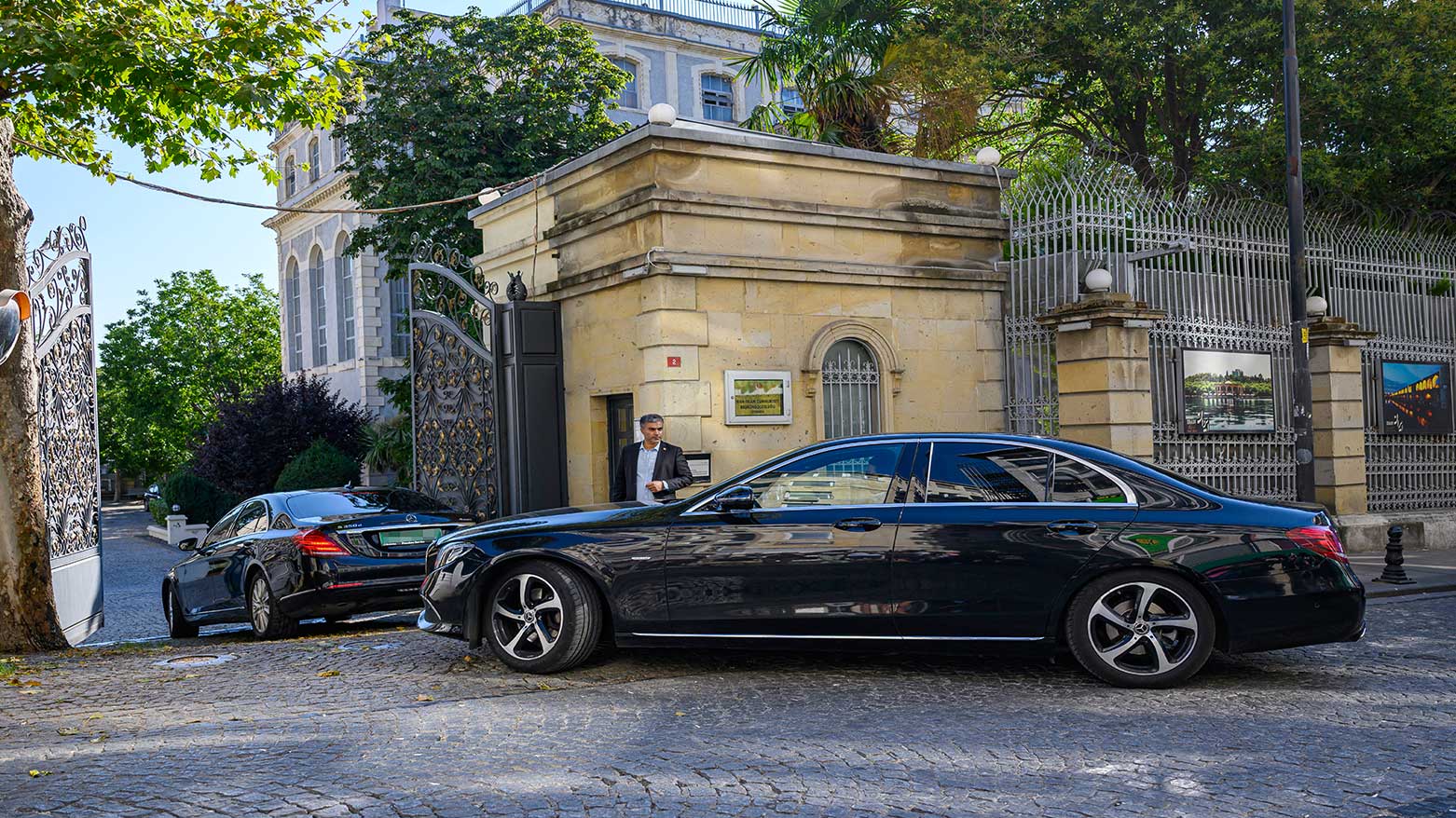Iran Rejects French Call for Broader Deal, Says Military Capabilities ‘Not Up for Negotiation’
Barrot said such a deal must address not only Iran’s nuclear program but also its ballistic missile capabilities and its support for armed groups across the Middle East, which he described as “regional destabilization activities.”

ERBIL (Kurdistan24) — Iran on Monday firmly rejected the idea of expanding nuclear talks to include its missile program and regional influence, following a French call for a broader agreement with Tehran, according to AFP.
“Regarding matters related to our defense capabilities, there will absolutely be no discussion,” Iranian Foreign Ministry spokesperson Esmaeil Baqaei said during a regular press briefing.
The statement was a direct response to remarks by French Foreign Minister Jean-Noel Barrot, who told CBS News’ Face The Nation on Sunday that Western governments were pursuing a “comprehensive agreement” with Iran to mitigate the risk of it secretly developing a nuclear weapon—an allegation Tehran has consistently denied.
Barrot said such a deal must address not only Iran’s nuclear program but also its ballistic missile capabilities and its support for armed groups across the Middle East, which he described as “regional destabilization activities.”
His comments came just days after Iranian officials met with their counterparts from France, Germany, and the United Kingdom in Istanbul—the first diplomatic engagement since Israeli strikes on Iran’s nuclear and military infrastructure last month escalated into a 12-day war. The Israeli attacks targeted key nuclear facilities and military sites, as well as residential areas, resulting in the deaths of several high-ranking commanders, nuclear scientists, and hundreds of civilians. The United States also briefly participated in the conflict, targeting Iranian nuclear assets.
The war significantly disrupted U.S.-Iran nuclear negotiations that had resumed in April and led Tehran to reduce cooperation with the International Atomic Energy Agency (IAEA), the UN’s nuclear watchdog.
During Monday’s press briefing, Baqaei said the Istanbul meeting with European powers focused solely on “the nuclear issue and the lifting of sanctions.” He dismissed attempts to raise unrelated topics, calling them “a sign of confusion on the part of the other side.”
Baqaei also reiterated Iran’s stance on the global nuclear non-proliferation treaty (NPT), warning that Tehran could withdraw if sanctions are reimposed. “One cannot expect a country to remain in the treaty while being deprived of its stated rights, particularly the peaceful use of nuclear energy,” he said.
Barrot had warned that if no “robust, durable, and verifiable” agreement is reached by the end of the summer, the so-called E3—France, Germany, and the UK—would have “no other choice but to reapply the global embargo that was lifted 10 years ago” under the 2015 nuclear accord.
Despite mounting international pressure, Iran insists it has emerged from the recent conflict with Israel “even more determined... to safeguard all [its] assets, including [its] means of defense against foreign aggression and hostility,” Baqaei said.